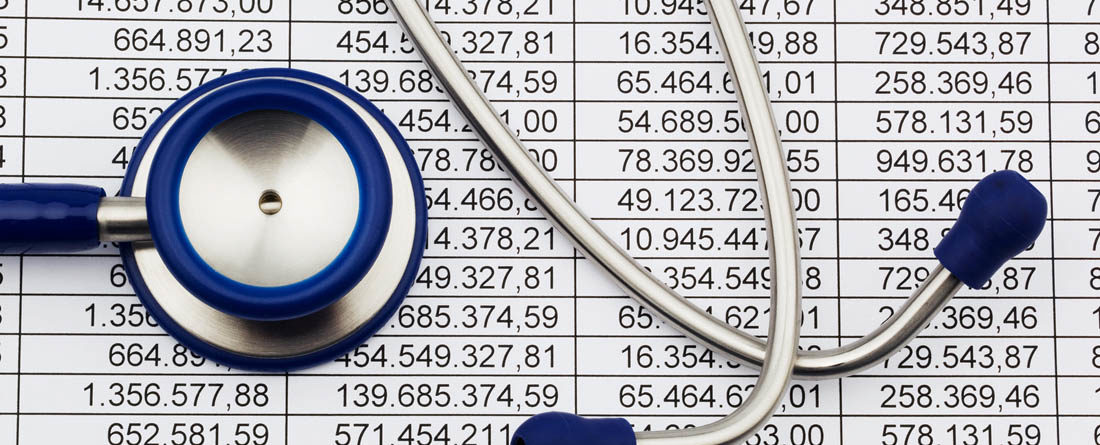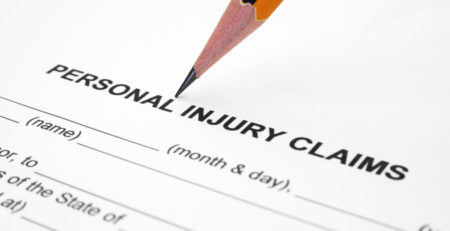How To Get Your Medical Bills Paid After An Injury
After you’ve been injured in an accident, or due to someone else’s negligence, you’ll need to receive medical treatment for the injuries sustained. There’s bound to be a lot of confusion around the circumstances, but one question remains clear… how will you pay for that treatment?
The answer to that question depends on the specifics of the injuries. Were you hurt in a car accident? Did you get injured on the job? Was it a dog bite? Were you the victim of a product malfunction or a slip and fall accident? Each scenario is different and has its own rules and regulations. When and where you got hurt will determine your best course of action when it comes to paying medical bills.
Injured At Work
When you’ve been injured at work, chances are your employer’s workers’ compensation coverage will cover medical treatment for your injuries. Certain procedures must be followed when you make a workers’ comp claim.
As soon as you are aware of the injury, let your employer know, and ask to see a doctor or treatment. It’s important to do this right away and be seen for evaluation. You may have to see a doctor other than your own. Don’t miss appointments or your claim may be denied. Follow all the doctor’s instructions, or you may also find that your claim is denied.
long with having medical treatment paid by workers’ comp, you are also eligible to get wage replacement benefits if your injuries keep you out of work for more than seven days. You should get guidance from your employer, but it might be a good idea to consult with an attorney to make sure that you’ve got all your bases covered.
Once you have made as much healing progress as is possible and can return to work, your workers’ comp payments stop. If you are not able to recover from your injuries, and will not be returning to work, a Permanent Partial Impairment benefit is determined, and you become eligible for those benefits.
The workers’ compensation program is a good system for those who are injured on the job in Indiana but make sure that you follow all the guidelines to ensure coverage and benefits when you need them. Adhering to the rules and stipulations is very important if you don’t want to jeopardize your case.
Injured In A Motor Vehicle Accident
If you’ve been injured in a motor vehicle accident in Indiana, you will be eventually reimbursed for your medical treatment when your case is settled. To keep your bills from going into collections, you should use the following options to keep payments up to date:
- Use the medical payments coverage through your auto insurance. Check your policy and have a clear understanding of what those limits are.
- Health Insurance – Your health insurance may cover any treatment that you need as a result of the accident.
- Medicare or Medicaid – If you do not have health insurance, Medicare or Medicaid may give you coverage for your treatment.
- Payment Arrangements – If you do not have coverage of any kind, arrange with your doctor to pay them from your settlement. You might want to plan to make payments to keep the account from going to collections.
Keep in mind that an Indiana motor vehicle accident claim has a lot of moving parts, mostly because there is a policy of comparative fault in Indiana, where it may not be one person held 100% responsible for the car crash. This policy can cause a wide variance in how much you get paid.
General Injuries Not Sustained At Work Or As The Result Of A Car Accident
Whether you are the victim of a slip and fall premises accident, a product liability claim, or even a dog bite accident, the procedure is the same. You will not typically be reimbursed for medical bills until after your lawsuit is settled.
You should work out a payment plan for any amount that your health insurance, Medicare, or Medicaid doesn’t cover. Instead of accepting a payment plan, your medical provider may place a lien on your settlement, which means that they will get paid before you receive the proceeds from the case. The amount you owe your health care providers will be deducted from your settlement amount before you receive it.
Pay Attention To Filing Deadlines
In the city of Greenwood and throughout the state of Indiana, the statute of limitations is two years from the date of the accident to file a lawsuit in civil court. For this reason, you want to contact an attorney as soon as you can after the injury.
The only exception is if you are filing a claim against a local (city/county) government or a state government agency. The statute of limitations for bringing claims against the local government is 180 days, and the statute of limitations for filing against a state government agency is 270 days. So, if you need to file against one of these government agencies, do not hesitate to get started on your claim right away.
Do You Need An Injury Lawyer’s Help If You’ve Been Injured?
At Henn, Haworth, Cummings, & Page, our personal injury attorneys have a great deal of experience helping individuals like yourself recover financially from these incidents. They know the best course of action, and the proper steps you should take to get your medical bills paid, based on the time and place of your injuries.
Most people do not have a great deal of knowledge in this area, because it typically does not happen all the time. It’s important to find a lawyer that you know you can depend on to protect your interests in cases of personal injury like this. Having someone in your corner that knows all the best practices can certainly give you peace of mind.
We invite you to call today and make an appointment for a free consultation with the law firm of Henn, Haworth, Cummings, & Page. We are ready to help you open a case, fight for your rights, and work with you until we have earned you maximum compensation for your injuries.





